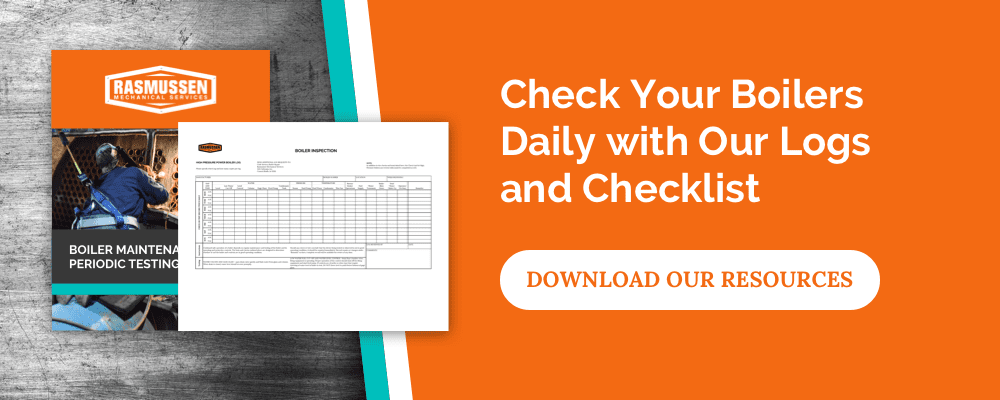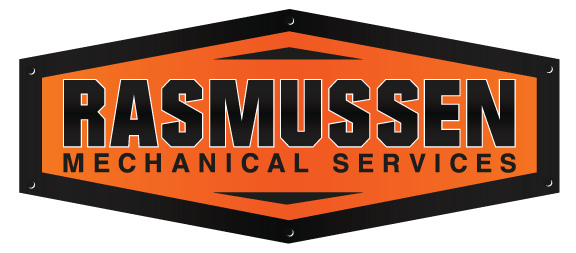If you haven’t noticed yet, it’s getting colder outside. As the cold weather approaches, facilities will go through the heat pump, furnace, and boiler start up. Unfortunately, many buildings don’t have the boiler system to get them through the winter efficiently.
As we gear up for the coldest part of the year, make sure your building’s boiler is running as effectively as possible to keep heating bills down.
In case you haven’t noticed, it’s cold out. Make sure your building is ready for the bitterly cold weather with these #boiler tips with @RasMech. Click To TweetHow are you keeping track of maintenance?
When it comes to boiler maintenance, do you know what is causing issues with your equipment? Do you know how to handle these problems? Properly maintaining your facility’s boiler or other fired heating equipment is the easiest and most cost-effective way to avoid a heating outage. If your boiler or furnace is getting old, make sure you’re up-to-date on the specific needs your model has and have a backup plan in case something happens.
To ensure you’re not missing any main points, follow some of these boiler tips:
- Pre-Season: It is a great idea to have a qualified person to commission your heating system for the winter. Verifying operation of the burner, flame safeguards, ignitors, transformers, gas regulators, pumps, blowers and other equipment in the heating system is the first step in preventing late-night ‘no-heat’ calls. Many companies will perform this pre-season preventative maintenance for a discount at conveniently scheduled times. These technicians have the training and tools to do it right and verify the equipment runs with an efficient flame that won’t create harmful Carbon Monoxide (CO).
Daily Maintenance:
- Boiler: If you’re operating on a steam boiler, make sure you blow down the gauge glasses, the makeup or feeder tank, and the boiler itself. Be on the lookout for leaks and fix them now. They will only get bigger! Check water chemistry to ensure hardness and PH are within range.
- Furnace: Check the temperature rise across other fired equipment. Furthermore, ensure it stays within the range specified by the equipment manufacturer.
- Burner: For all fired systems, you’ll need to check the burner flame and controls. Check linkages for looseness that could cause issues. Weekly Maintenance: Your team should be checking the primary and pilot flames for color and stability. Additionally, you want to ensure your team is monitoring the flame failure cutoff, burner operations, igniter operation, and chemical treatment tank levels.
- Monthly Maintenance: Air filters should be checked and cleaned or replaced monthly. Other monthly tasks include getting the water tested, lubricating bearings, testing fans, testing the burner interlocks, checking the shutoff valves, testing the hot water cutoffs, and leak testing.
- Semi-Annual Maintenance: Slow drain tests (Steam Boilers), combustion control tune-up, clean strainers, and atomizers, recalibrating gauges and instrumentation should be top of mind.
- Annual Maintenance: Once a year, your team should do a turndown test of the pilot flame as well as check the diaphragms and coils. Some additional yearly maintenance includes opening hand holes and manholes for internal inspection with your chemistry provider, cleaning the water side of the boiler, cleaning burners and fans, replacing gaskets, and testing valves.
All of these items should be checked at regular intervals to ensure your boiler is running efficiently.
[Download this boiler efficiency checklist so you don’t have to worry about missing critical tasks!]
You’ve got the boiler tips and tricks to keep your boiler efficient throughout the year, but what’s going to happen when you have to turn your boiler this winter?
Always Stay Prepared
As you’re gearing up for chilly weather, keep in mind some additional boiler maintenance tips to ensure there won’t be any bumps in the road.
School is in session and the weather is taking a cold turn. Check out these #BoilerEfficiency tips from @RasMech to make sure your facility is ready to go. Click To Tweet- Have a service provider on call for when disaster strikes. Having a company familiar with your operation and set up as a vendor can save your team and facility valuable time and money if your heating system fails.
- Keep all equipment clean and ready to go. Cleaning equipment regularly means you won’t have to spend time getting it ready when you need it most.
- Make sure equipment is safe to operate. If the safety relief valve isn’t working properly, your boiler won’t be up to code. Make sure everything is safe to run before turning the system on. No gags or plugged valves allowed. Never bypass a safety device on any fired equipment. It is illegal and extremely dangerous.
- Check pressure gauges and controls. If gauges are out of calibration or controls aren’t working, you’re setting yourself up for a disaster.
- Clean the water level gauge. (boilers) Make sure you’re able to clearly and accurately see what’s going on with the water level in your boiler.
- Repair and replace malfunctioning equipment. Equipment that isn’t functioning properly is often very inefficient. As a result, the malfunction may damage other parts of the system, making repairs significantly more expensive.
- Weatherproof your system. Make sure your system can stand up to the bitter cold of the midwest. If water lines could freeze get them weatherproofed right away.
- Keep the mechanical room dry and clean. It’s easier to see when the equipment isn’t working if the rest of the space is tidy.
- Have a contingency plan in case of an emergency Having a half-developed plan when something breaks is the worst-case scenario. Also, talk to a maintenance provider. They can help you develop a plan to make sure you’ll be up and running all winter long.
Winter is coming whether your system is ready or not. Therefore, if you haven’t completed the proper maintenance, you’re already behind.
Talk to RasMech to see how they can help put a plan in place to ensure your heating system is ready to take on winter! Give us a call at 1-800-237-3141.




